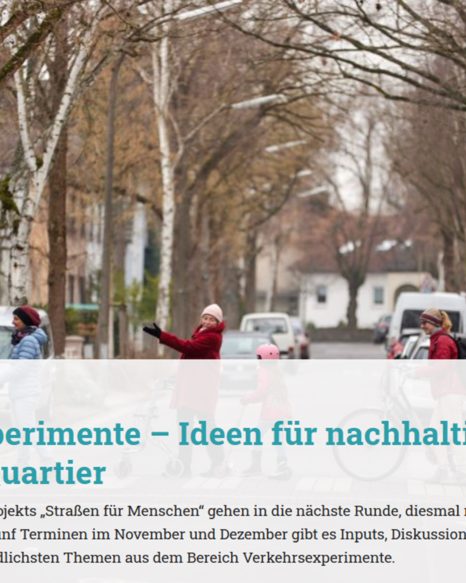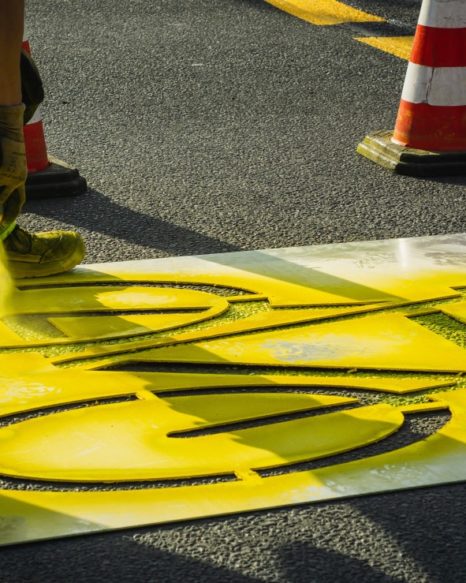Doctoral Candidate
Katharina Götting joined the Research Institute for Sustainability – Helmholtz Centre Potsdam (RIFS) as a research associate in June 2019. As part of an interdisciplinary junior research group, she is writing her thesis on psychological factors that influence the acceptance of traffic measures aimed at reallocating public space and access to these spaces. She is particularly interested in the perceived equity and the concept of acceptance.
Katharina Götting previously worked on a variety of topics with the adelphi think tank. She studied psychology in Wuppertal and Berlin and wrote her master thesis on nature connectedness. She is a member of the environmental psychology collective Wandelwerk e.V. and a qualified systemic mediator.
Publications
Kläver, A., Götting, K. (2023). Die Mobilitätswende moderieren - Gelingensbedingungen für demokratische Aushandlung auf kommunaler Ebene. Lokale Verkehrswende Aus Politik und Zeitgeschichte 51-52/2023.
https://www.bpb.de/shop/zeitschriften/apuz/lokale-verkehrswende-2023
Jarass, J., Nähring, A., Merzoug, S., Becker, S., Götting, K., Kläver, A., Czeh, A. (2021). Platz statt Kreuzung – Straßenraum neu denken: Mehr Aufenthaltsqualität im öffentlichen Raum als Treiber für die Verkehrswende. Internationales Verkehrswesen 4|2021, 18-22.
Becker, S., Götting, K. (2021). Wege zu einem klimafreundlichen Mobilitätsverhalten, in Nanz, P., Lawrence, M. G., Renn, O., & Meyer, J. (Eds.). (2021). Klimaschutz: Wissen und Handeln. Bonn: Bundeszentrale für politische Bildung, 61-75.
Götting, K., Becker, S. (2020). Reaktionen auf die Pop-Up-Radwege in Berlin. Ergebnisse einer explorativen Umfrage zur temporären Radinfrastruktur im Kontext der Covid-19 Pandemie. IASS Study.
https://doi.org/10.14512/gaia.28.1.13 https://publications.iass-potsdam.de/rest/items/item_6000142_4/component/file_6000157/content
Renn, O., Becker, S., Gaschnig, H., Götting, K., Lilliestam, J., Schäuble, D., & Setton, D. (2019). Carbon Pricing for a Socially Just Energy Transition. IASS Policy Brief, 2019(10).
https://doi.org/10.2312/iass.2019.058 https://publications.iass-potsdam.de/rest/items/item_4942894_4/component/file_4942895/content
Renn, O., Becker, S., Gaschnig, H., Götting, K., Lilliestam, J., Schäuble, D., & Setton, D. (2019). CO2-Bepreisung für eine sozial gerechte Energiewende. IASS Policy Brief, 2019(6).
https://doi.org/10.2312/iass.2019.028 https://publications.iass-potsdam.de/rest/items/item_4604899_6/component/file_4621891/content
Götting, K., Böhme, T., Geiger, S. M. (2019). Connectedness to Nature Scale – Adolescents (CNS-A) Entwicklung und Validierung einer Skala zur Erfassung von Naturverbundenheit bei Jugendlichen. Umweltpsychologie 23(2), 131-150.
Forschungsinstitut für Nachhaltigkeit (RIFS)
Helmholtz Centre Potsdam
Berliner Straße 130
14467 Potsdam




